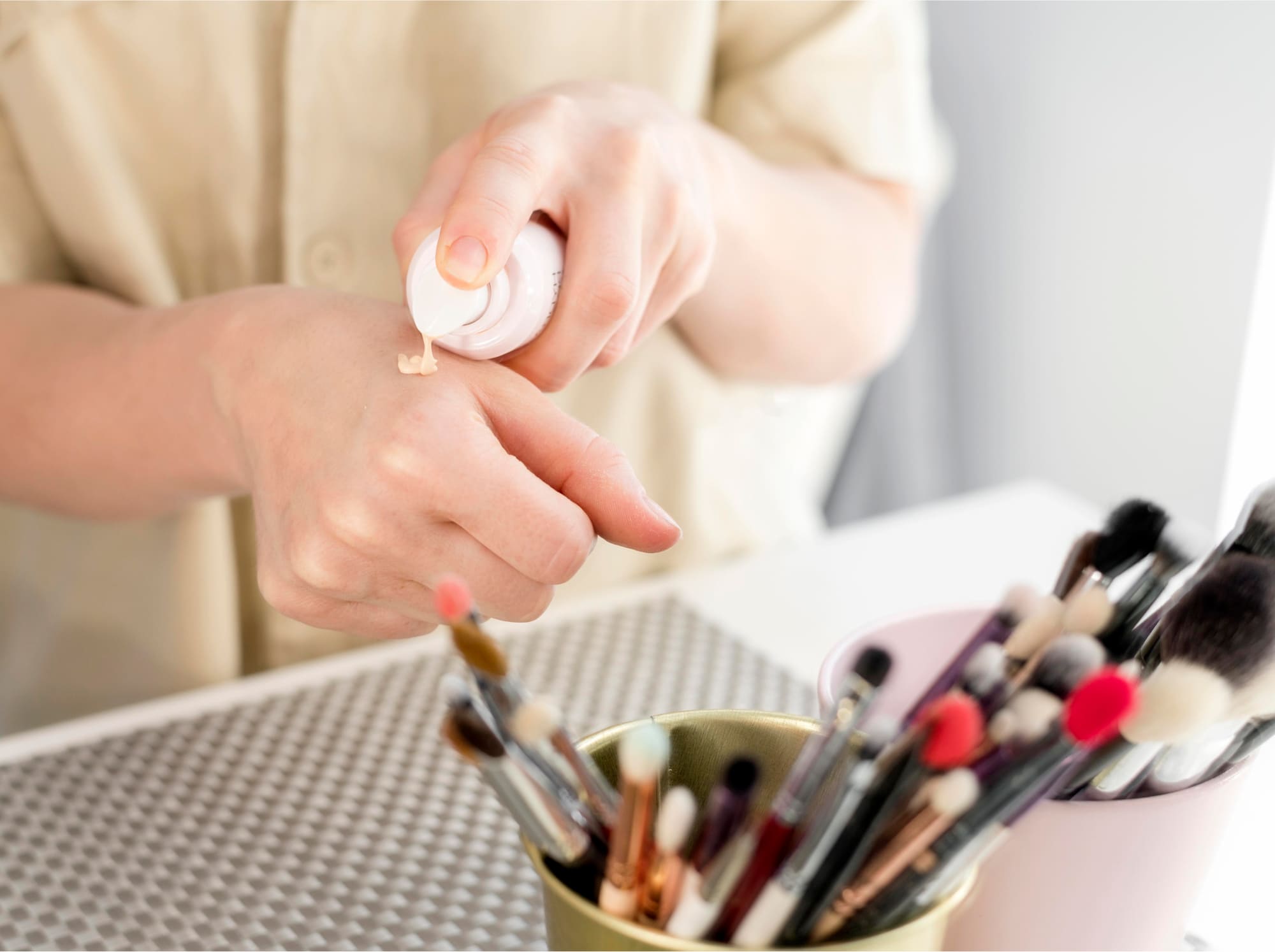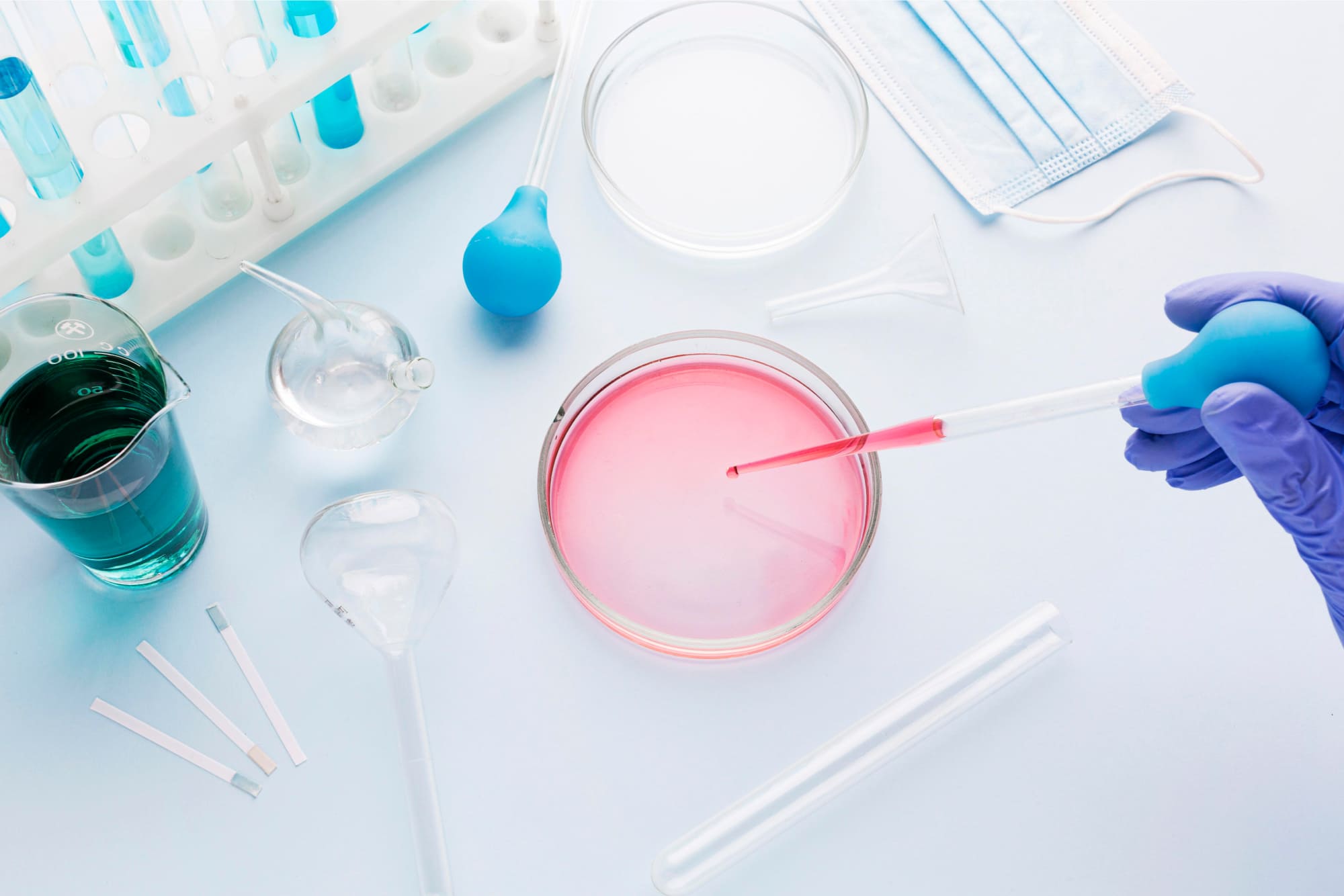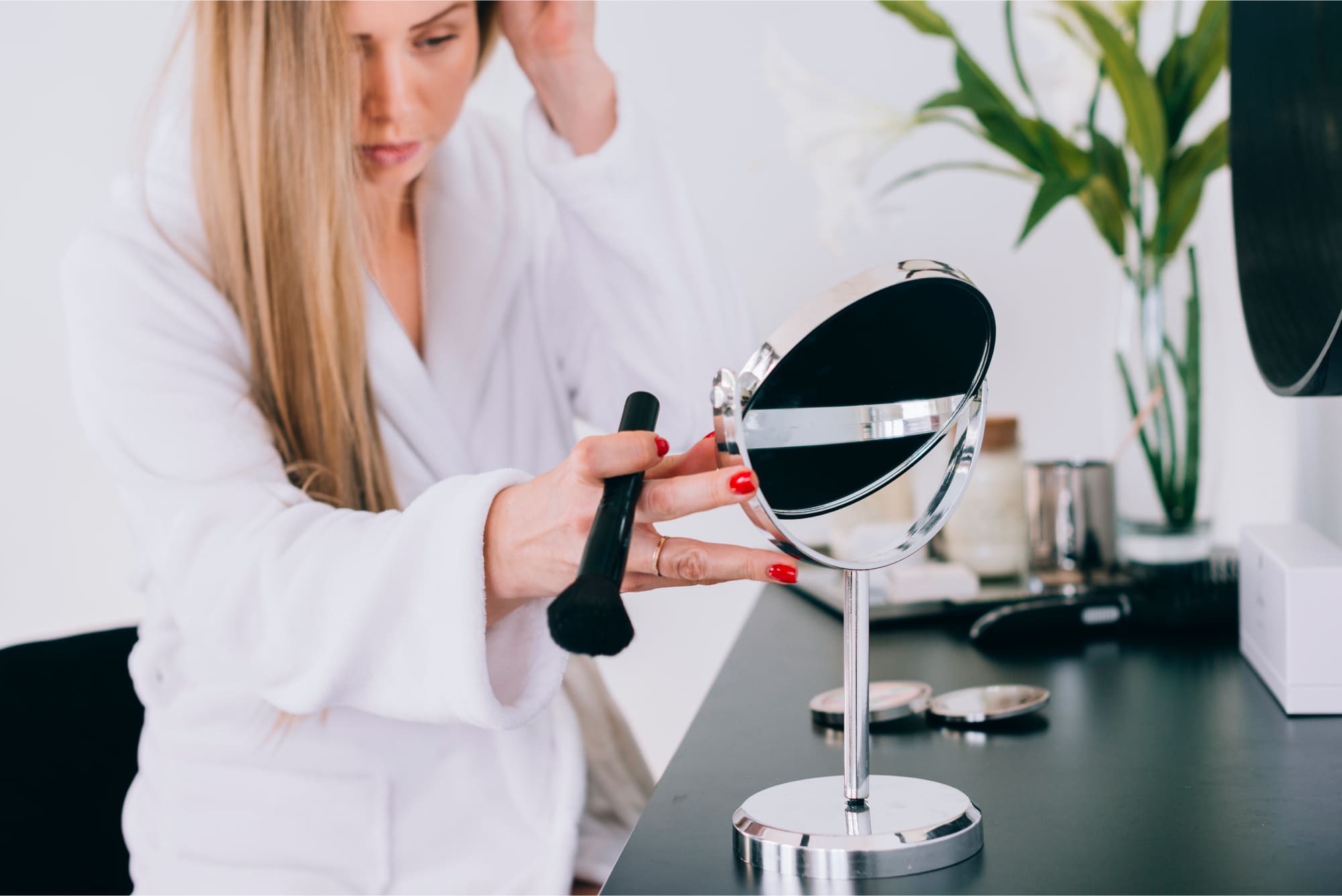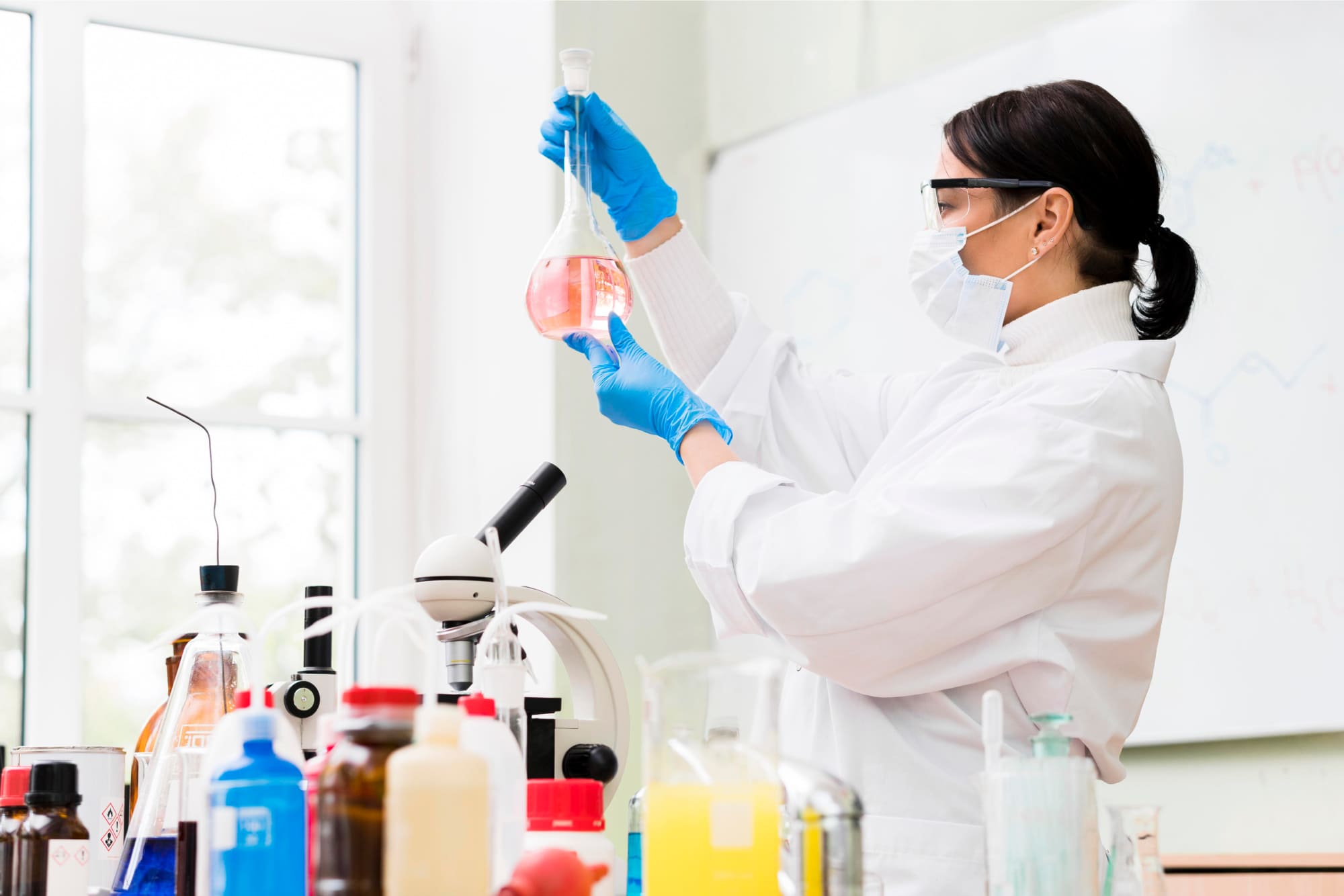Cosmetic Testing
Cosmetic testing is a comprehensive process that involves various laboratory analyses to assess the safety, quality, and sensory attributes of cosmetic products. These analyses encompass microbiological, chemical, and sensory testing to meet regulatory standards and ensure consumer protection
-
Microbiological Testing
Microbial Enumeration: Determines the total microbial load in a cosmetic product to ensure it meets acceptable limits and does not pose a risk of infection.
Pathogen Testing: Identifies and quantifies harmful microorganisms such as bacteria, yeast, and mold that may cause infections or other health issues.
Preservative Efficacy Testing: Assesses the effectiveness of preservatives in cosmetic formulations to prevent microbial growth and spoilage. -
Chemical Testing
Ingredient Analysis: Verifies the presence and concentration of key ingredients to ensure they meet regulatory requirements and label claims.
Heavy Metals Testing: Detects and quantifies heavy metals like lead, mercury, and arsenic, ensuring compliance with safety standards.
Stability Studies: Evaluates the stability of cosmetic products under various conditions (temperature, light, etc.) to ensure product quality over time.
pH Testing: Measures the acidity or alkalinity of cosmetic formulations, as pH can affect product performance and skin compatibility.
Allergen Testing: Identifies and quantifies potential allergens in cosmetics to ensure product safety for individuals with sensitivities. -
Sensory Testing
Organoleptic Evaluation: Assesses the product's sensory attributes, including appearance, color, odor, texture, and overall feel.
Patch Testing: Conducted on human subjects to evaluate skin compatibility and potential allergic reactions.
Perfume Stability Testing: Ensures the stability and longevity of fragrances in cosmetic products. -
Safety and Compliance Testing
Toxicology Assessments: Evaluates the safety of cosmetic ingredients and formulations through toxicological studies.
Compliance with Regulatory Standards: Ensures that cosmetic products meet legal requirements and standards set by regulatory authorities. -
Compliance with Regulatory Standards
Compatibility Testing: Assesses the interaction between cosmetic formulations and packaging materials to prevent contamination or degradation.
-
Sunscreen Efficacy Testing
Sun Protection Factor (SPF) Testing: Determines the level of protection against UV radiation for sunscreen products.
-
Claims Substantiation
Anti-aging Claims Testing: Validates claims related to anti-aging properties, including wrinkle reduction and skin firmness.
Moisturizing Claims Testing: Substantiates claims regarding the moisturizing effects of cosmetic products. -
Environmental Impact Testing
Biodegradability Testing: Assesses the biodegradability of cosmetic formulations to minimize environmental impact.
Eco-toxicity Testing: Evaluates the potential harm to aquatic ecosystems from cosmetic ingredients.
Pharmaceutical raw material testing is a critical phase in the pharmaceutical manufacturing process, playing a pivotal role in guaranteeing the safety, efficacy, and quality of the final drug
Read MoreWater testing is a crucial process aimed at assessing the quality and safety of water for various purposes, including drinking, recreational activities, industrial use, and environmental
Read MoreMedical device testing is a thorough process conducted to verify the safety, reliability, and regulatory compliance of medical devices. It involves assessing the performance, usability
Read MoreHerbal products, derived from plant sources, are subject to rigorous testing to ensure their safety, quality, and compliance with regulations. Testing focuses on various aspects, with a key emphasis
Read MoreEnvironmental testing is a comprehensive process designed to assess how a sample, be it a product or material, responds to various stressors and conditions that it might encounter during its
Read MoreFood Testing Is A Crucial Component Of The Food Industry, Aimed At Verifying The Safety, Quality, And Compliance Of Food Products With Established Standards And Regulations. It
Read MoreOil Testing Plays A Crucial Role In Maintaining Product Quality And Compliance With Safety And Environmental Standards. From Refining To Distribution, The Process Of Oil Testing Involves
Read MoreElectrical testing refers to a series of evaluations and assessments conducted on electrical components, systems, and devices to ensure their safety, reliability, and performance. These tests are designed to verify compliance with industry standards, regulatory requirements, and specific performance criteria.
Read MoreMechanical Testing In various industries, Mechanical testing plays a pivotal role in ensuring the quality and reliability of materials and products. From manufacturing to construction, Mechanical testing encompasses several essential components
Read MoreBuilding material testing is crucial for ensuring the quality, safety, and compliance of construction materials used in various building projects. Similar to oil testing, building material testing involves several key components
Read More




